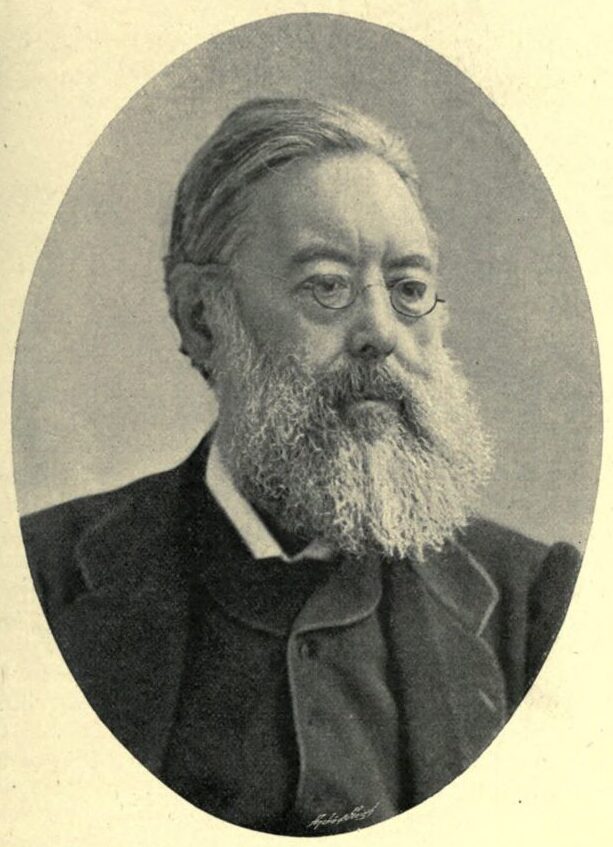
Today’s Leader of Faith
ROBERT WILLIAM DALE
Home Call : 13 March 1895
Social Reformer, Influential Preacher, Church Leader, Speaker, Preacher, Theologian, Writer, Educator
Robert William Dale (1829–1895) was an influential English Congregational church leader based in Birmingham. He became co-pastor of Carr’s Lane Chapel in 1853 and later its sole pastor. Dale was deeply involved in civic life, advocating for social reforms and the disestablishment of the Church of England. He played a key role in shaping the Forster Elementary Education Act of 1870, supporting secular education in line with Nonconformist principles. As a theologian and author, he wrote “The Atonement” (1875), emphasizing Christ’s death as a means of reconciliation between God and humanity. His teachings reflected the Civic Gospel, which promoted the church’s role in addressing social issues. He held leadership positions in Congregationalism, serving as Chairman of the Congregational Union of England and Wales (1868) and President of the International Congregational Council (1891).
Dale was born on 01 December 1829, in London and pursued his education at Spring Hill College, Birmingham, preparing for the Congregational ministry. In 1853, he was invited to Carr’s Lane Chapel, Birmingham, as a co-pastor alongside John Angell James. Upon James’s passing in 1859, Dale became the sole pastor and remained in this role for the rest of his life. Excelling in academics, he secured first place in philosophy in the University of London M.A. examination (1853) and was awarded the gold medal. His scholarly achievements were further recognized when the University of Glasgow conferred upon him the LL.D. degree in 1883, during the lord rectorship of John Bright. Yale University also honored him with a D.D. degree, although he never used the title.
Dale preferred to read his sermons, believing that speaking extemporaneously would make him never sit down again. He refused to use the title “Reverend” and was a strong advocate for the disestablishment of the Church of England, arguing that Christianity was a spiritual brotherhood and that political authority hindered its mission. As a committed Congregationalist, he believed this form of church government best suited Christianity. He became a national figure due to his moral conviction, intelligence, and oratory, playing a key role in Birmingham’s “Civic Gospel movement” alongside George Dawson. He served on the Birmingham school board, became a governor of the King Edward VI Schools, and played a crucial role in moving Spring Hill College to Oxford, where it was renamed Mansfield College.
Dale passed away at the age of 65 and was buried in Key Hill Cemetery, Hockley. Though his headstone is lost, the surviving inscription commemorates his daughter, Harriet. His legacy is honored through a statue sculpted by Edward Onslow Ford in 1898, rediscovered in 1995 and now displayed at Carr’s Lane Church Centre. The National Portrait Gallery holds images of him, and a Birmingham Civic Society blue plaque commemorates him at Carr’s Lane Church in Central Birmingham.
